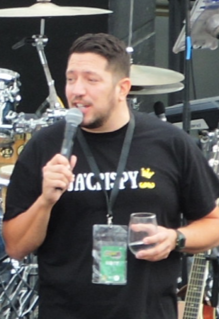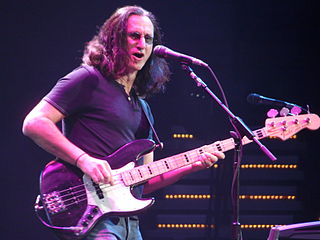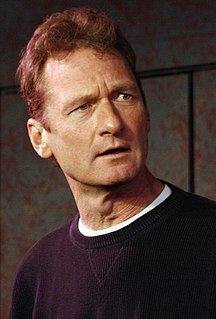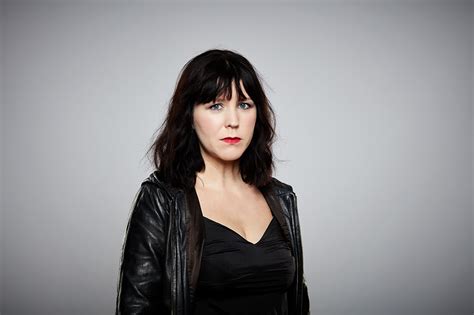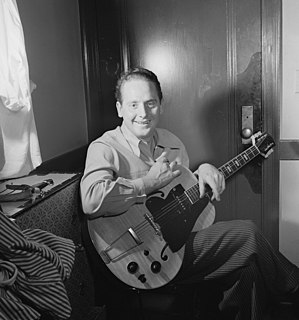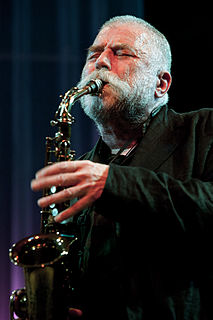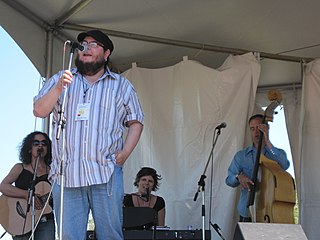A Quote by Diedrich Bader
Working on a sitcom and improv improves your comedic chops. If you do it long enough, the one thing you learn to do is listen to the other characters.
Related Quotes
The characters are not allowed to change if you write a sitcom; they're not allowed to learn anything. There's all these sorts of rules, and you go, 'I just want to be able to write one character and then leave that behind.' Also, as a performer, and I may regret saying this, but it would be my own personal hell to be trapped in the sitcom.
I think in the inception and creation of the characters, improv was the most important part for me, because I wanted to feel at home in those characters. I wanted to feel like I could commit to them. And so much of improv is saying yes and committing, so I think that's where the improv came in. Even if I'm saying yes to the X across the room from me, or the tennis ball on a stick, I have to stay alive.
And if you look around, if you listen to some music nowdays, I'm not so optimistic...I have the feeling that some of the young people I've met they think already, before they start playing, they think already about the product: how can we sell it....maybe my view is really very old fashioned nowadays, but I think art at any times needs time for development and this fast food bullshit is not working... younger guys: take your time, music is really a thing of long terms, actually it's a lifelong thing to learn and to develop your own stuff.

